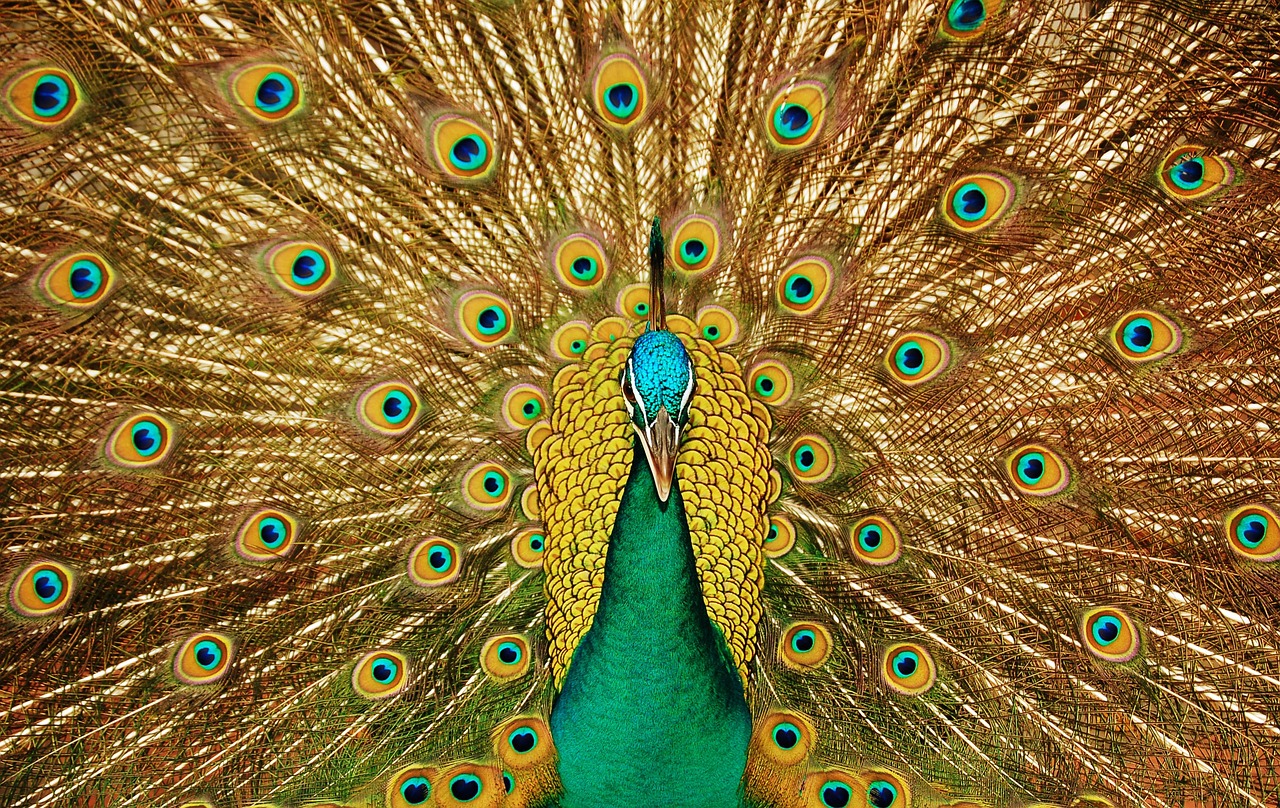Vainglory and Obsession With Fame
“All people are like grass, and all their glory is like the flowers of the field; the grass withers and the flowers fall.” 1 Peter 1:24
Glory. Reputation. Prestige. Celebrity. Greatness. Much of our world today centers around the acquisition of titles such as these. One need to look no further than Tiktok or Instagram to find a plethora of videos and images designed to illicit a following proving one’s “worth.” Our culture covets fame and does everything it can to “be seen” and to “be celebrated.” This obsession with reverence and honor in the eyes of mankind is a tale as old as time. Throughout the history of the Church, this phenomenon has been known as the sin, demon, or vice of “vainglory.”
Vainglory is a word seldom used today, but one we see evidenced in nearly every facet of our world. The vainglorious person is steeped in a superiority complex that is paraded before others as to make it abundantly clear the virtue and talent that one (presumptively) holds. In the clearest sense, to succumb to vainglory is to, as Evagrius of Pontus puts it, “hunt after the praise of man.”
One consumed by vainglory is infatuated with the social world around them. Everything they do is for the praise of man. Vainglory, when it directs our aim in life, reorients man, not around God but rather a tireless search for recognition, priority, and success. It disconnects man from God’s sustaining love and, in turn, makes them dependent upon their own success and the praises of man while ever moving the bounds of what will satiate the soul’s desires.
Paraded Before All Men
Everything about vainglory centers around display. Vainglory is the peacock that struts and expands one’s feathers with grandeur and import. It does so to be seen and celebrated. Vainglory covets these things because it feasts off the flattery. Entranced by the need for approval and flattery, vainglory fills the mind and imagination with a myriad of ways to display oneself with an array of talents and self-righteousness. It is an entrancement to be sure. This is a marked fantasizing of social approval.
The vainglorious are fully committed to the outward display of morality. They use moral language as an identifier of a made up (in their own heads) virtue program designed solely to impress others. Vainglory is like a weed in the spiritual life because it needs virtue to live. Vainglory will parade some virtuous word or act with the sole purpose of receiving praise. In essence, it entangles itself around the virtue sucking the very life out of it for its own satisfaction.
The beginning of the desire for honors is the willingness to please people, and their end is pride. More often than not, the deep-seated desire to be seen and glorified is meticulously hidden by man. It cowers behind a carefully crafted screen that projects an outward search for God’s glory or even good for others.
Turned Inside Out
Take, for instance, the man who parades his generosity all around for the purpose of being seen by others as a virtuous man. When he gives, he makes sure to let others see his giving. We know what Jesus says about such acts -“they have received their reward in full.” With something like money or generosity, vainglory is sometimes easier to identify. Often though, it is much more subtle and insidious. That’s because vainglory needs righteousness to grow. Thus, at the outset, vainglory arises in the righteous mind.
One can start out with a deep desire and resolve to follow Jesus. Saturated by Scripture and rooted in prayer, vainglory interjects. It clamors, “If you pray more, you could even be like Mother Theresa (or fill in the blank with the saint of your choice). The point is, vainglory takes the virtue of faith life and distorts it so that it begins to turn outward towards man. It always starts with a subtle invitation and slowly requires more to keep its fire fueled. After all, who wouldn’t want to be like Mother Theresa?!
The Epicenter
Virtue choked out by vice. The process slowly and intentionally turns all of one’s good outward towards man. So much so that one’s persona even begins to change.
Extroverted, punctilious, and superficial. Words that one might not see grouped together often. Certainly no one would argue extroversion is an inherently bad thing. Punctiliousness is, in many spheres, exceedingly valuable in its reach to fulfill duties and work with precision. Even superficiality, at its best, can sometimes be helpful in the beginning stages of relationships.
In spiritual terms, however, these traits, when working together, birth a robotic and insidious movement within the soul that is at the epicenter of vainglory. Vainglory is understood by the Fathers as a passion or vice that leads to the destruction of one’s spirituality and, inevitably, one’s soul. That’s because its natural end is pride.
Pride or Vainglory?
While pride is often conflated with vainglory, it was a separate vice as understood by the Fathers. Pride is the end of the line as it relates to sin. And vainglory, if not warred against, will bring you to pride with great expediency. Where Vainglory’s focus is outward. Pride, on the other hand, is the inward focus. Pride is the consummation of the brilliance and import that was built from the flattery that vainglory works so hard to receive. In other words, the obsession with adulation and glory from the world around you will eventually lead you to believe the hype. It’s a self-fulfilling prophecy that, in the end, leads to the elimination of any need for God. It is a death march towards self-sufficiency.
Charmed by Glory
Certainly the man who has succumbed to vainglory is often the source of the Church Fathers’ rebuke. Even still, they make it clear that others are susceptible to the lure of vainglory. In fact, the Fathers go so far as to say that those who delight in the vainglorious speech and displays of false virtue are themselves charmed. They too are under the spell of vainglory. They are impressed only by what is visible and audible. And so, they are able to judge virtue only with their senses (a recipe for disaster according to the Church Fathers).
Our culture often celebrates the ones who parade themselves with great gusto. Celebrity has never been stronger. Many are so captivated by the spirit of vainglory that they forgo all discerning principles for the appearance of strength and grandiosity. The “look at me” nature of mankind has never been more at the forefront of our culture’s consciousness. The social media age and 24/7 news cycle have enslaved our world to a false sense of glory.
We must not grow weary in our vigilance to root out such a destructive weed. We must be vigilant to root out vainglory and avoid it at all costs.
The Fathers leave us a stark warning:
“Do not sell your labors for people’s esteem, nor hand over the future glory for the sake of paltry fame, for human esteem settles in the dust and its reputation is extinguished on earth, but the glory of virtue abides for eternity.”

